Introduction
About the organizer - LSESU Economics Society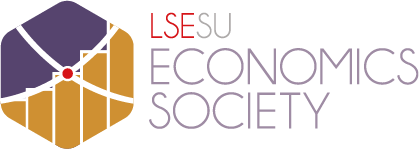
The LSESU Economics Society is the largest academic society at the London School of Economics and Political Science (LSE), with over 800 student members across disciplines and year groups, and enjoys the exclusive support of the LSE Economics Department. It serves as a key platform for students to access top academic networks, while also embodying LSE's authority and heritage in the field of economics.(Official website:https://lsesueconsoc.org/)
The Society is dedicated to advancing cutting-edge research and academic exchange. It publishes Rationale, the UK’s only undergraduate economic research journal, and has gained external academic recognition, reflecting the depth and impact of its research.
The LSESU Economics Society is also known for hosting high-level academic events. Its "Sen Club" seminar series has welcomed Nobel laureates including Amartya Sen, Eric Maskin, and Oliver Hart. The annual LSE Economics Symposium further brings together leading academics and professionals to discuss pressing economic issues, bridging academia and industry.
To expand its global reach and nurture young talent with economic insight and international perspective, the LSESU Economics Society and ASEEDER—has launched the LSESU Economics Society Economics Challenge. This rigorously designed competition integrates high school and university-level economics content, providing outstanding students worldwide a unique opportunity to engage with the LSE academic structure, stimulate research interest, and strengthen their critical thinking, serving as a stepping stone to the world’s top academic institutions.
Supporting Professor

Dr. Judith Shapiro
Supporting Professor
Executive Committee

Rory Keeble
President

Thierry Mancini-Tuffier
Secretary

Sacha Brochen
Treasurer
Academic Committee

Sahel Tan
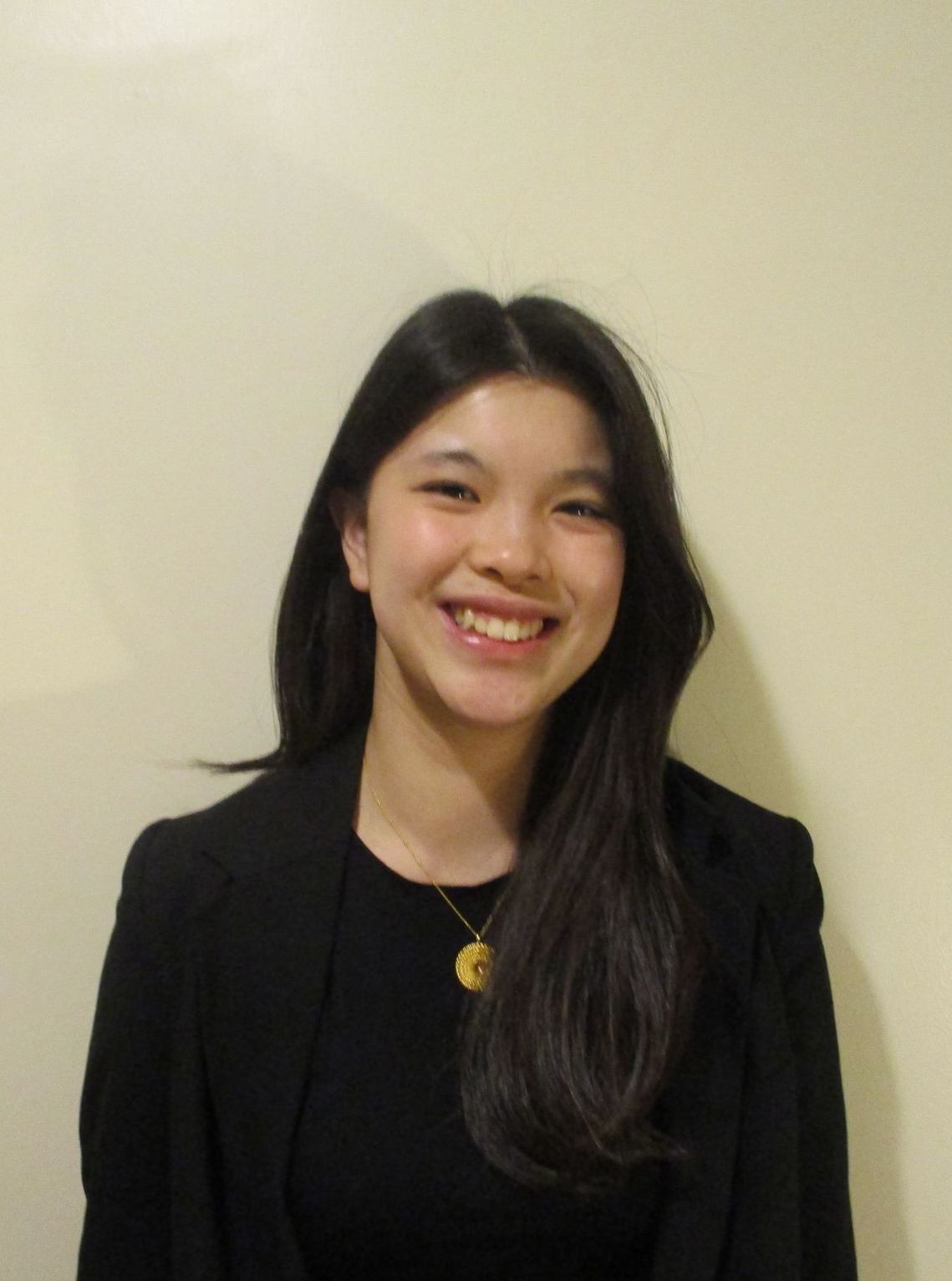
Sarah Lee

Shee Yi Rong

Jessie Fung
Invitation
Dear all,
It is my pleasure to introduce you to the “The LSESU Economics Society Economics Challenge” that participants from all across the world will be able to compete in this upcoming academic year.
In this challenge, you will be able to push your knowledge of Economics to the limit. You will be need to be able to extensively apply your skills of critical thinking and mathematical logic in order to succeed.
Moreover, we hope that by encouraging students to learn more content outside of high school curriculum,those wishing to apply to study Economics at university will have a better idea of what it maybe like to study Economics at a higher level.
Economics is a continually evolving field, and through this competition, we hope to encourage you to explore the field more widely and go on in the future to develop further the frontiers of the subject.
We are running this incredible initiative alongside ASEEDER who share our drive to improve both education within Economics and help students achieve their full potential.
I wish you all the very best of luck!

Rory Keeble
President of
LSESU Economics Society


LSESU Economics Society Economics Challenge
LSE Economics and Econometrics ranked
1 in the QS UK ranking
Integrate the international high school curriculum with the core content of LSE undergraduate economics
Economics X Mathematics
In the 2026 application season, a brand-new major - Economics and Data Science - will be launched. Why does LSE attach so much importance to the combination of economics and mathematics?
Because the former laid the theoretical foundation and the latter provided logical tools and empirical methods, economics transformed from a speculative social science into a more scientific, precise and predictive discipline. In the era of big data, in fields such as the Internet, fintech, investment banking, and public policy, there is a high reliance on talents who not only understand economics but also possess strong mathematical analysis capabilities.
The economics challenge project initiated by the LSESU Economics Society fully demonstrates its forward-looking insight in the cultivation of economics talents. The challenge content not only covers the basic theories and qualitative analysis capabilities of macroeconomics and microeconomics, but also innovatively integrates the quantitative basic module, highlighting the core position of mathematics and computing ability in economics. It aims to cultivate compound talents who can use mathematical tools to solve economic problems. Encourage students to adapt to the increasingly global trend in economics and move towards the forefront of economics.
Academic Syllabus
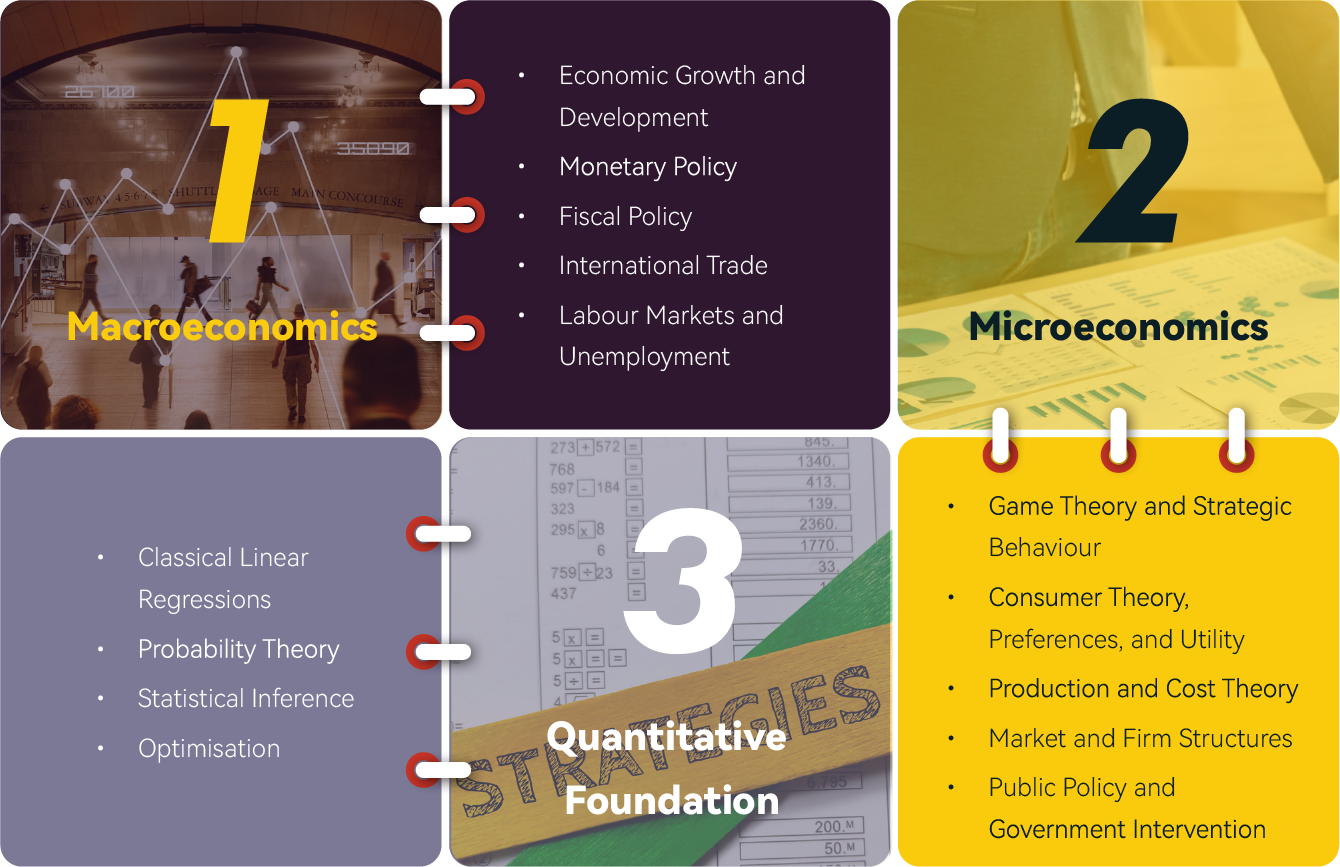
Sample Questions
This challenge is designed with 50% of the high-school curriculum and 50% of the LSE economics year one undergraduate studies. By encouraging students to learn more content outside of high school curriculum, participants wishing to apply to study Economics at university will have a better idea of what it maybe like to study Economics at a higher level.
The questions in the competition was set and academically reviewed by an LSE economics professor.
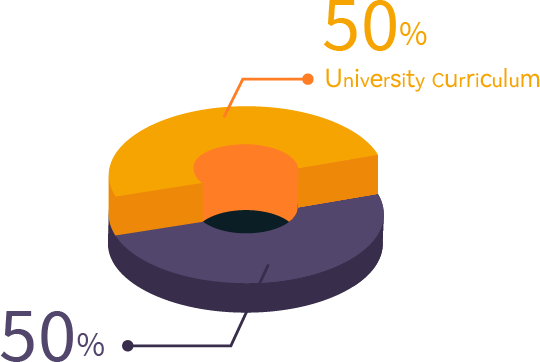

1.
Explanation:
Inflation rate = percentage change of CPI = ((130/75)-1)x100%2.
Explanation:
multiplier = 1/(1-MPC) = 1/ (1-0.75) =4.
Potential change in national change income = multiplier x tax change x MPC = 4x60x0.75=180

3.
Explanation:
Economic profit = Accounting profit – Implicit cost = $80,000 - $30,000 - $60,000 = -$10,000.4.
| Number of workers | Quantity of Notebook |
|---|---|
| 0 | 0 |
| 1 | 10 |
| 2 | 21 |
| 3 | 28 |
| 4 | 33 |
Explanation:
The firm maximizes profit where the value of the additional worker’s contribution (Marginal revenue) is just equal to or greater than the wage(Marginal cost). Hiring a third worker would add only $21 of revenue while costing $23, leading to a loss. Thus, the profit-maximizing number of workers is 2.
5.
Explanation:
Mean equals to average, (4+6+24+14+2)/5=106.
Explanation:
A 95% confidence interval means that if we were to repeat the sampling process many times and compute a confidence interval from each sample, about 95% of those intervals would contain the true population mean. It does not mean there is a 95% probability that the true mean lies in this specific interval—once the interval is calculated, the true mean is either inside it or not.Award
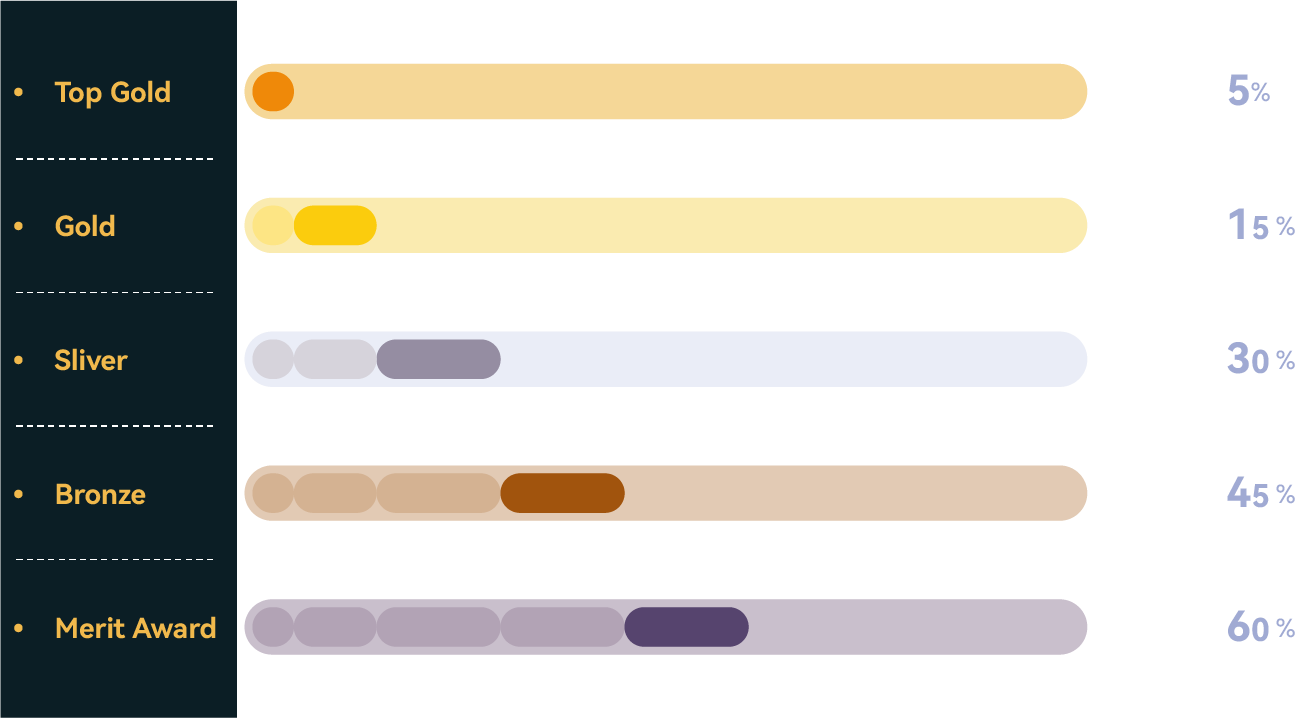
• Certificates: All students will receive electronic participation certificates.
• The winning students will be awarded certificates jointly issued by the LSESU Economics Society and ASEEDER.
